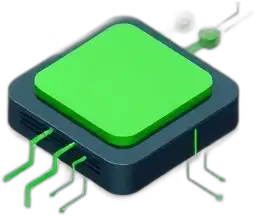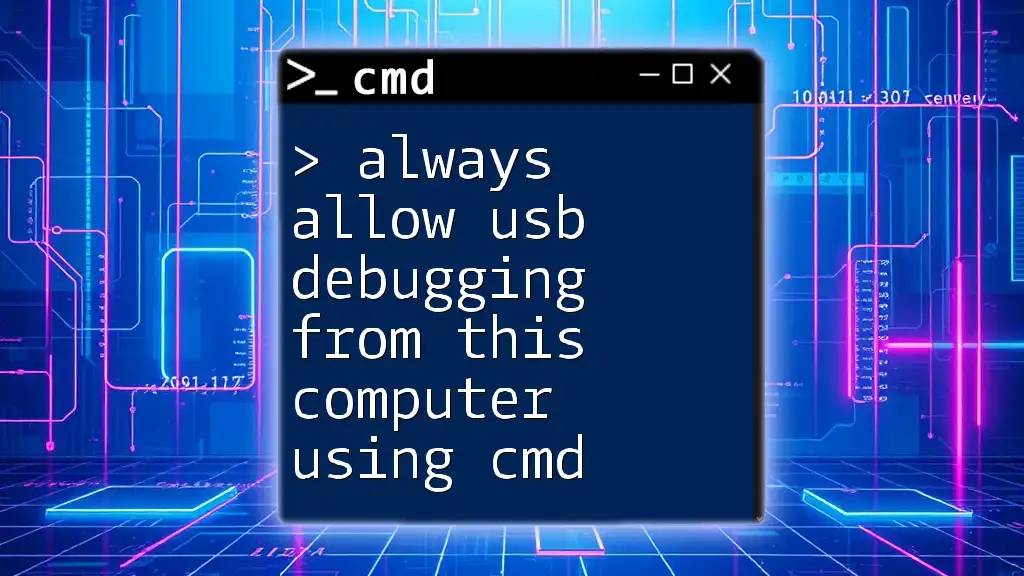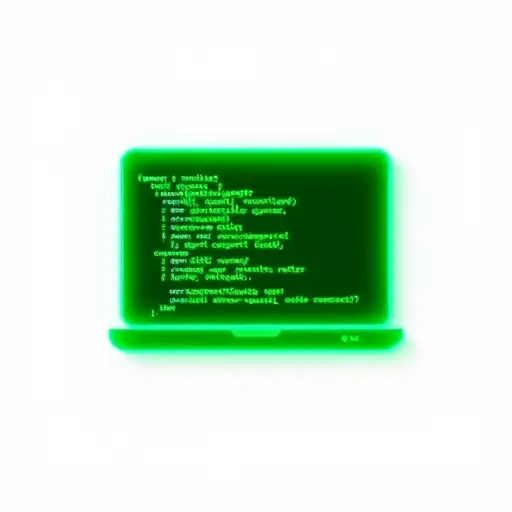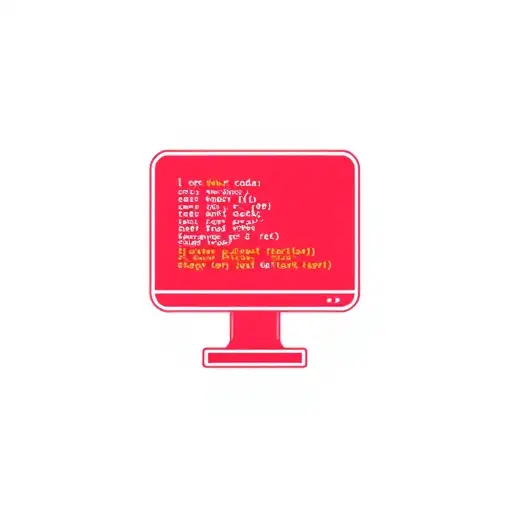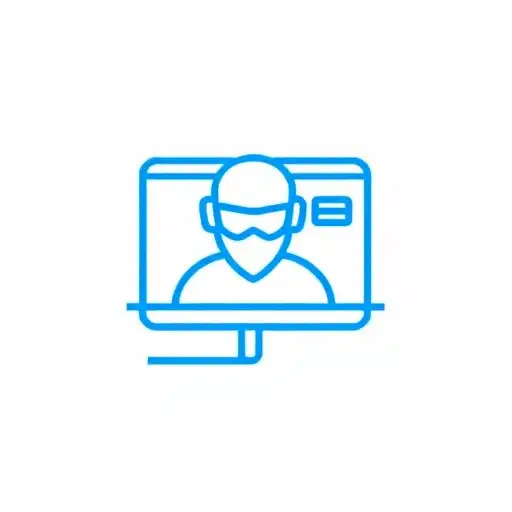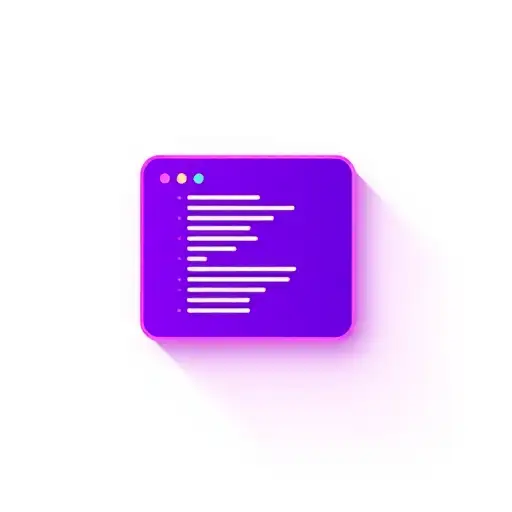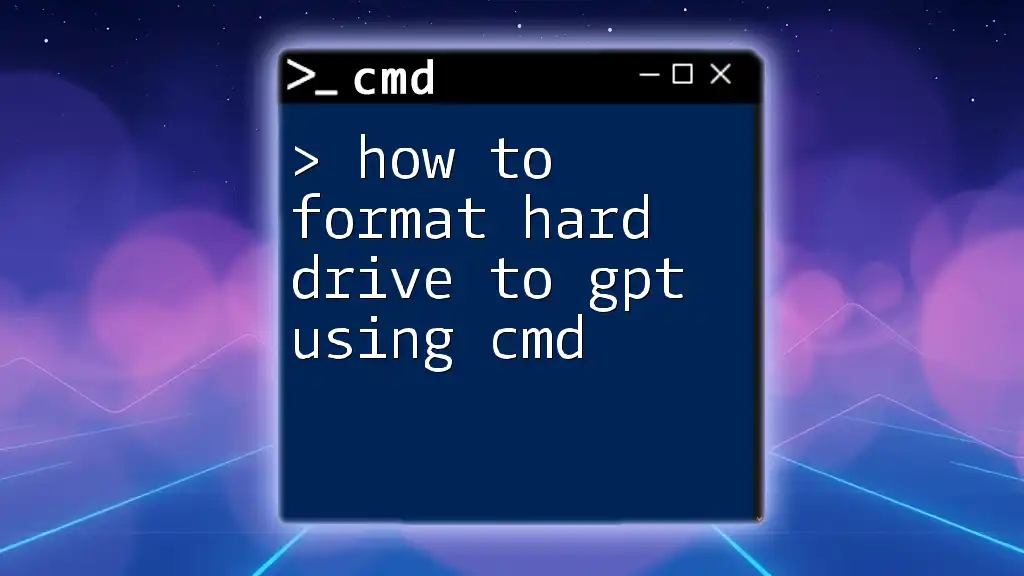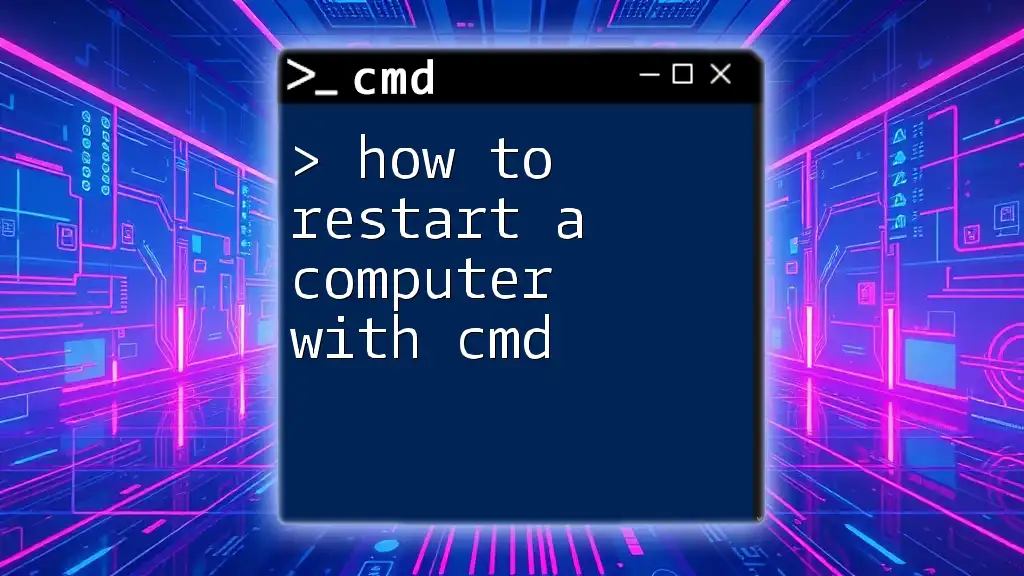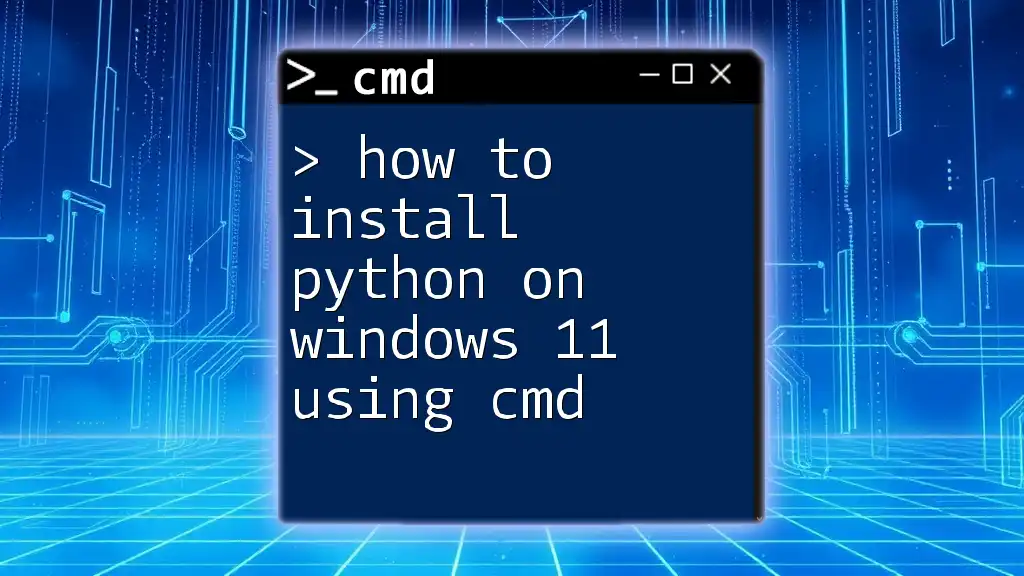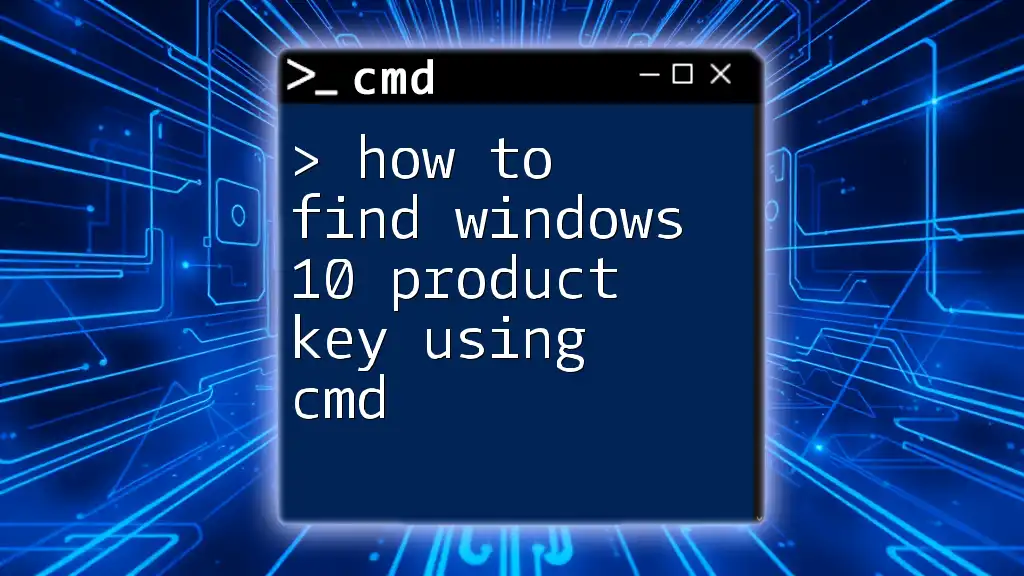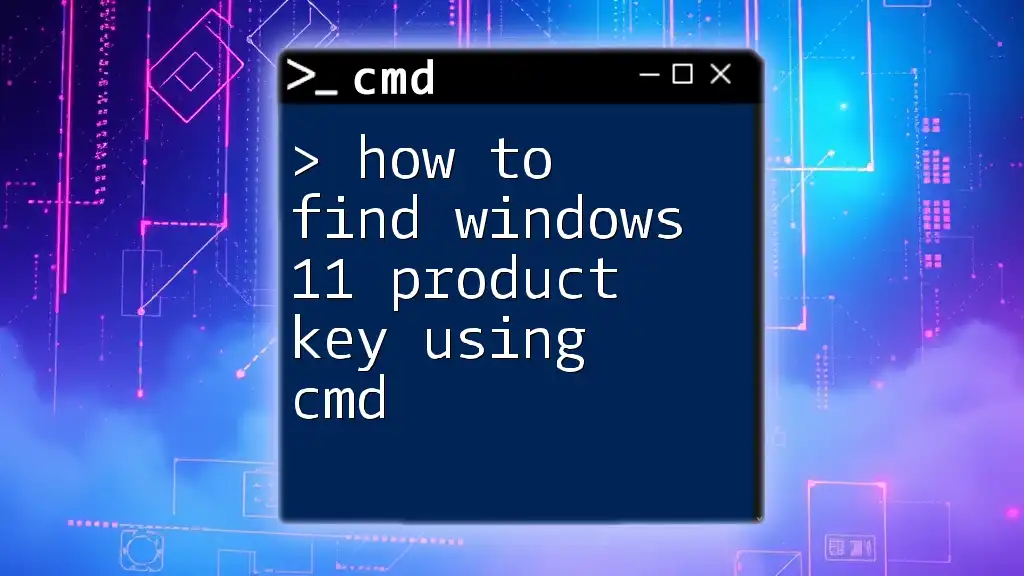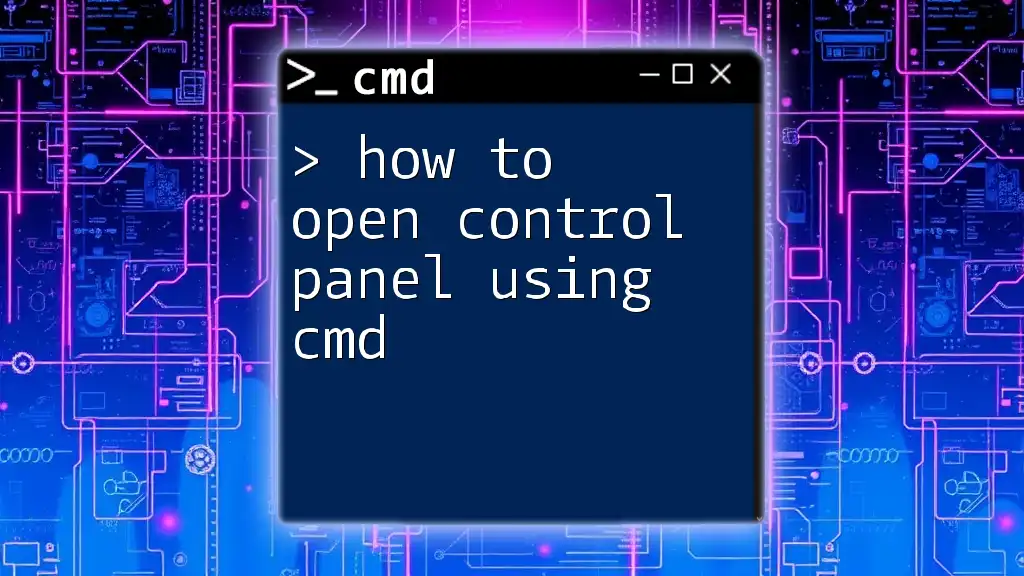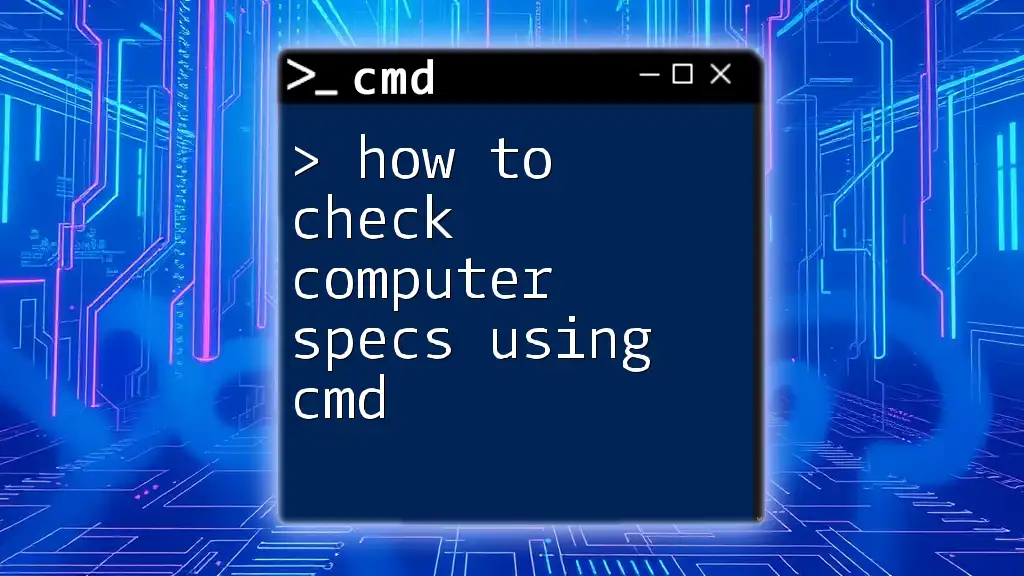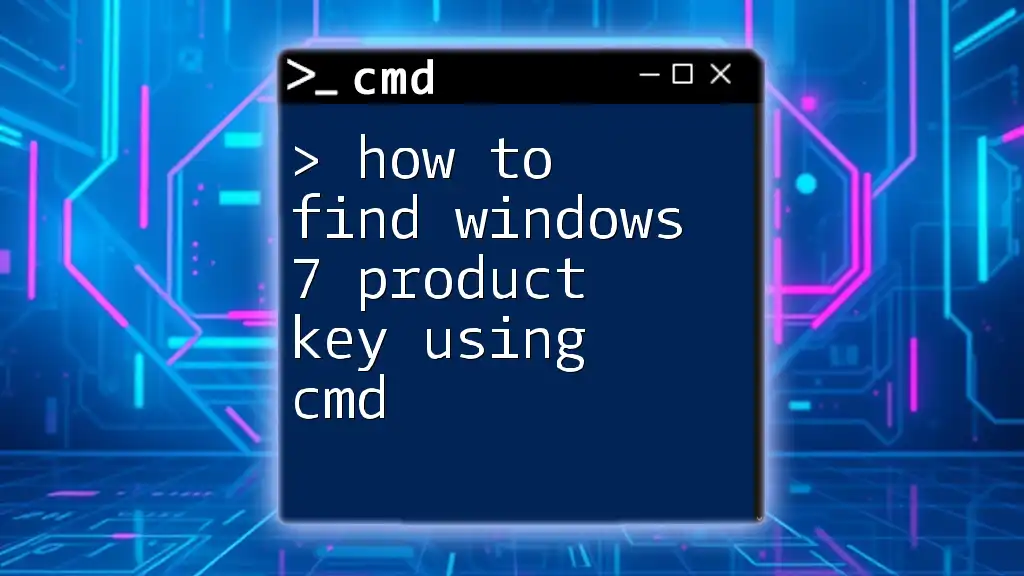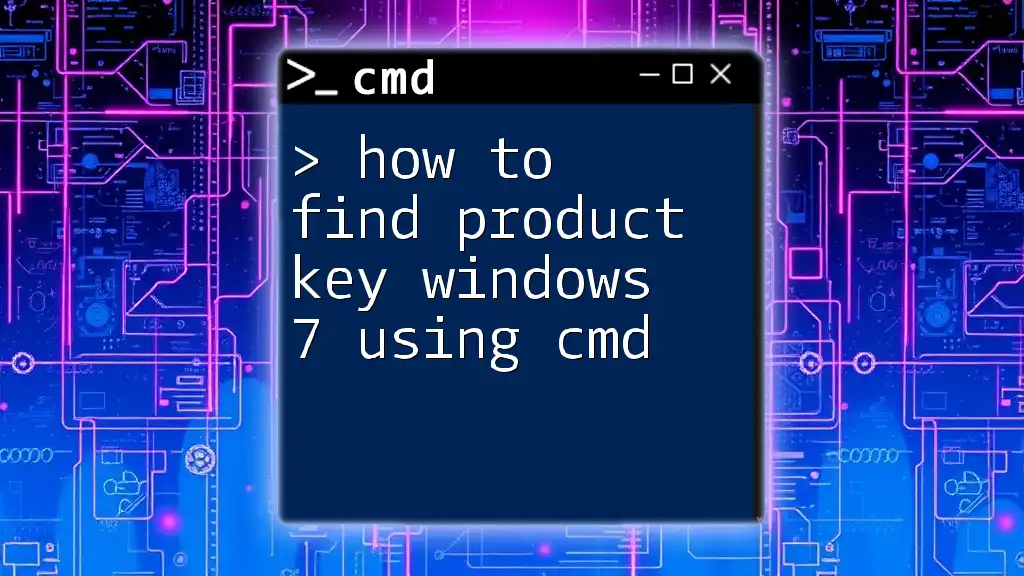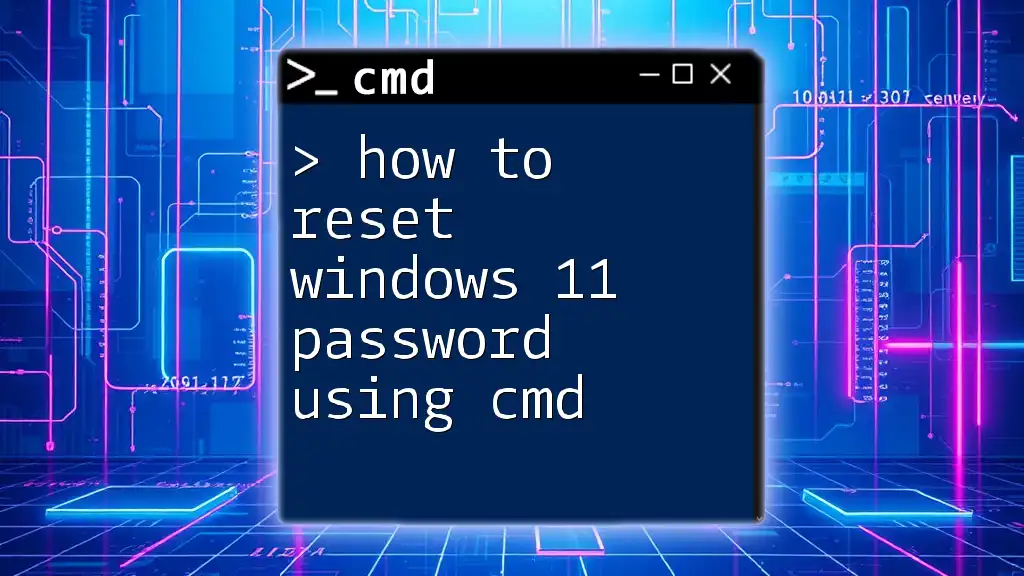To always allow USB debugging from a specific computer using CMD, you can use the following command to add the device's USB debugging authorization to the adb keys.
adb usb
adb devices
Make sure you have USB debugging enabled on your Android device and the ADB tool installed on your computer.
Understanding USB Debugging
What is USB Debugging?
USB Debugging is a mode on Android devices that allows communication between the device and a computer. It acts as a bridge for developers, enabling them to execute commands, run scripts, and access features that are not generally available during normal use. This feature is essential in scenarios such as app development, testing, and troubleshooting.
Why is USB debugging important? It facilitates a deeper integration between the device and development tools, allowing for app installation, provisioning, and monitoring. Without it, developers would face significant limitations when trying to deploy changes or gather data from their applications.
Risks of USB Debugging
While USB Debugging is invaluable for developers, it carries inherent security implications. If a device with USB Debugging enabled is connected to an untrusted computer, it could be at risk of unauthorized access, data theft, or malicious modifications.
To guard against these risks, consider the following best practices:
- Only enable USB Debugging on trusted computers.
- Disable USB Debugging when it's not in use.
- Regularly review the list of connected devices.
- Use device security features like PINs or biometric locks.
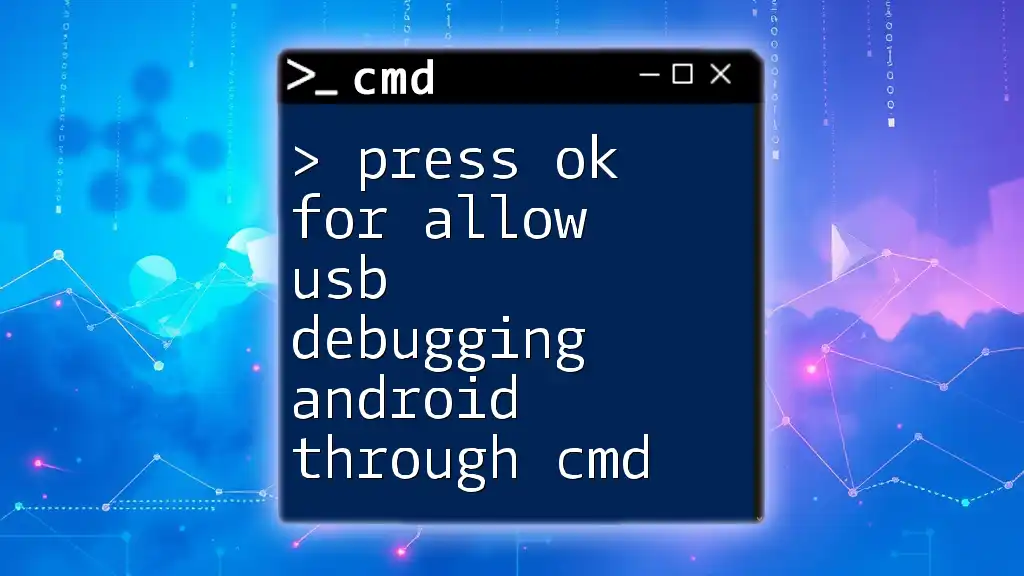
Prerequisites for Using CMD
Required Tools and Software
Before diving into the commands, you must have the right tools:
- Java JDK: This allows you to run ADB (Android Debug Bridge), the command-line tool that interacts with your Android device.
- Ensure that ADB is correctly installed and accessible from the command line. For installation, follow the instructions on the official Android developer website.
Accessing the Command Line interface (CMD) is straightforward. On Windows, you can open it by searching "cmd" in the Start Menu. For Mac users, the Terminal application serves the same purpose.
Device Preparation
Before executing any commands, you must enable USB Debugging on your Android device. Here's how:
- Go to Settings > About Phone.
- Tap on Build Number seven times to unlock Developer Options.
- Go back and enter Developer Options.
- Find and toggle USB Debugging to ‘On’.
Make sure you confirm with any prompts that appear on your device.
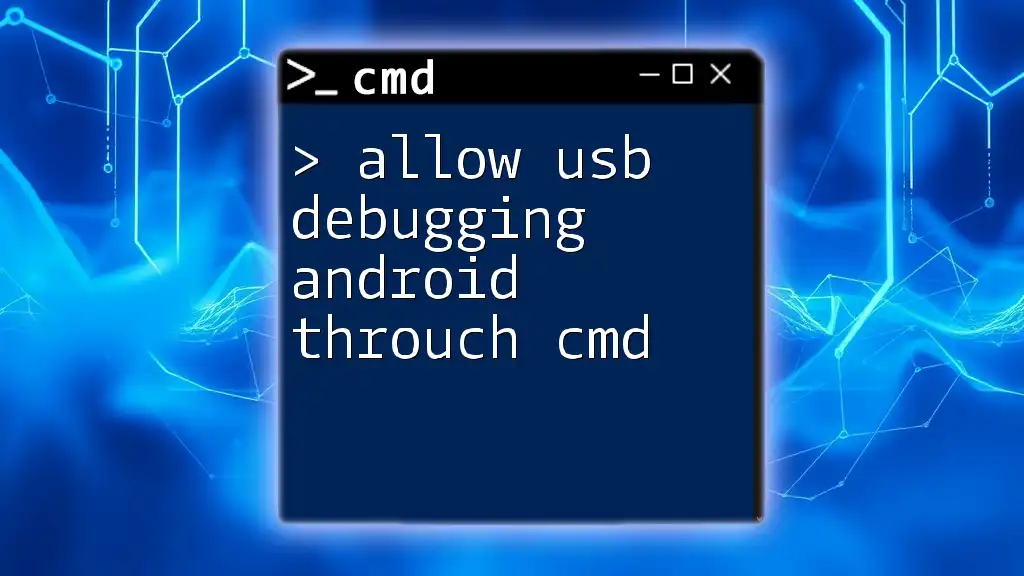
Allowing USB Debugging with CMD
Accessing Command Prompt
With your Android device prepared and connected via USB, you can now proceed to open CMD. You might need administrative privileges to execute some commands effectively.
Connecting Your Android Device
Once CMD is open, ensure your device is recognized. Use the following command to check:
adb devices
This command will list all devices connected to your system. If you see your device listed, you can continue. If not, ensure that your drivers are installed correctly and that your device is set to the correct connection mode (usually "File Transfer" or "MTP").
Command for Allowing USB Debugging
To make sure your device always allows USB debugging from this computer, you need to enter the following command:
adb usb
This command essentially establishes a USB connection for debugging.
Ensuring Permissions
For a more permanent resolution, you will want to execute additional commands. If you want your device to always trust this computer after connecting, you can modify ADB's settings.
Run the following command:
adb -s <device_serial> tcpip <port_number>
Here’s what each parameter means:
- `<device_serial>`: Replace this with the serial number of your connected device, which you can find from the earlier `adb devices` command.
- `<port_number>`: Typically, you would use 5555 unless specified otherwise.
After running this command, your device is set up permanently, allowing it to trust connections from your computer.
Checking the Status
To verify that everything is set up correctly, you can use:
adb devices
If your device appears with a status of "device" next to it, you've successfully enabled the feature, and it will always allow USB debugging from this computer.
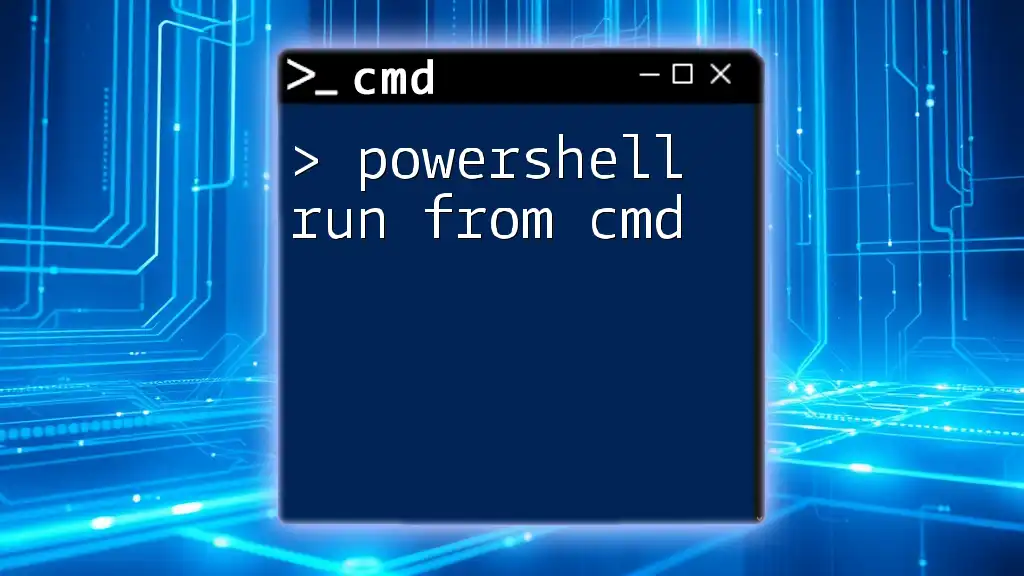
Troubleshooting Common Issues
Device Not Recognized
If your Android device fails to show up in the command line, consider the following potential issues:
- USB Cable: Check if the cable is functioning properly. Some cables are charge-only and won't allow data transfer.
- Driver Issues: Ensure you have the correct drivers installed for your device.
- Settings Configuration: Make sure USB Debugging is still enabled and that you've selected the correct connection mode.
ADB Commands Not Working
There could be various reasons ADB commands fail:
- Incorrect installation: Ensure ADB is installed and accessible from your CMD.
- Path setup: Verify that the folder containing ADB is included in your system PATH.
- Device Permissions: Confirm that you've authorized the computer on your device.
USB Timeout Issues
If you notice that USB connections frequently drop, it could be due to power-saving settings. Check that your device is set to stay awake when charging, which prevents the device from going to sleep during debugging.
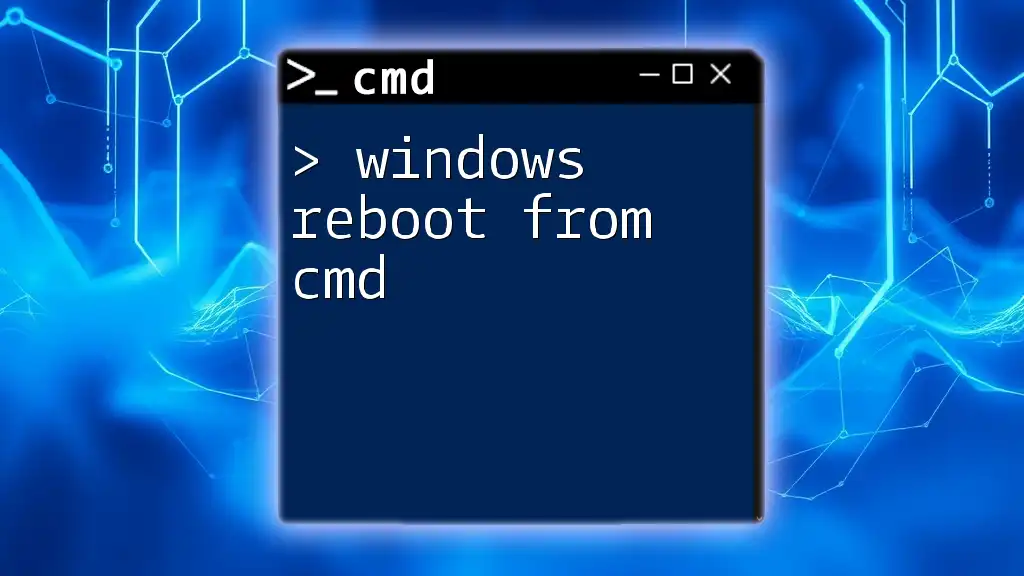
Maintaining Security After USB Debugging is Enabled
Best Practices to Ensure Safety
Even with USB debugging enabled, security should remain a priority. Here are some tips to ensure continued safety:
- Add a privacy lock: Use PINs or biometric security features.
- Disable USB Debugging when you aren’t using it to reduce risks of unauthorized access.
- Remove ADB authorization for old or untrusted devices.
Conclusion
By following the steps outlined in this guide, you can proficiently manage USB Debugging from your computer using CMD. This command-line approach not only streamlines the process but also enhances your overall development experience, allowing for greater flexibility and control.
Exploring this functionality opens doors to many opportunities for efficient debugging and developer engagement. Remember to practice these commands regularly to build your confidence and efficiency!
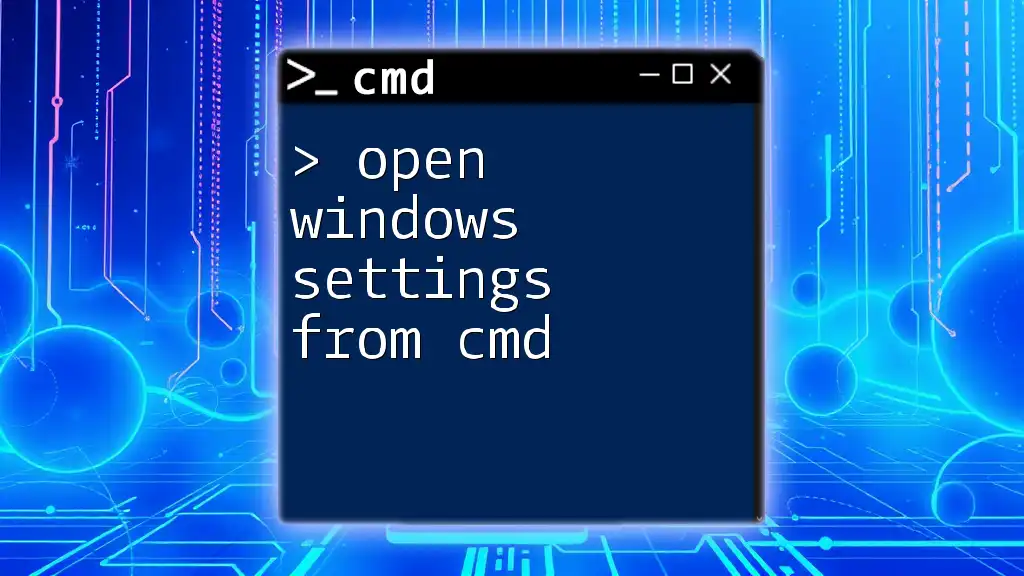
Additional Resources
For deeper dives into USB Debugging and its nuances, refer to:
- The official Android Developer documentation.
- Online forums such as Stack Overflow for community support and insights.
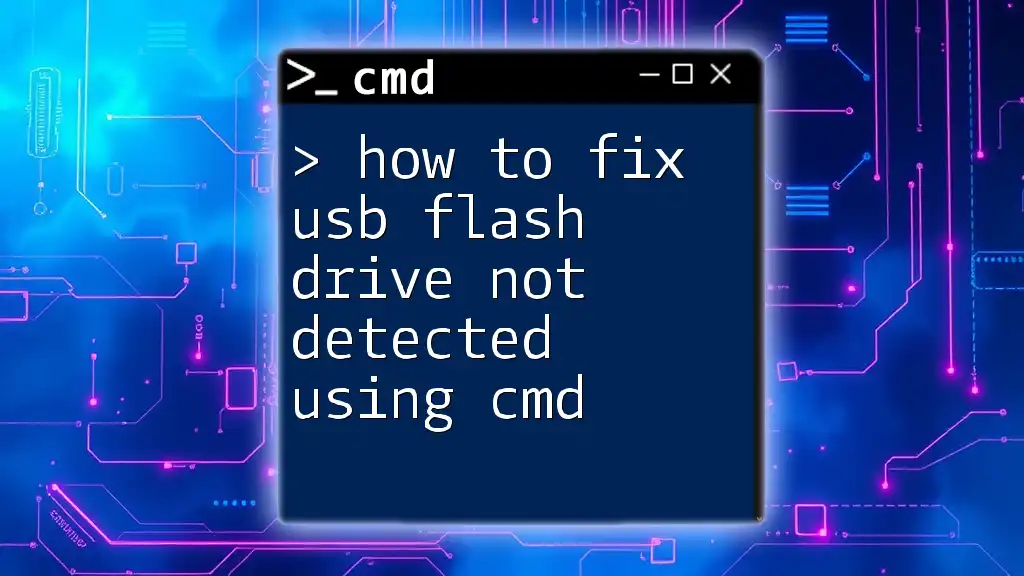
Call to Action
If you found this guide helpful, consider signing up for our course on CMD commands to enhance your skills. We hope you’ll share your experiences and questions in the comments!
